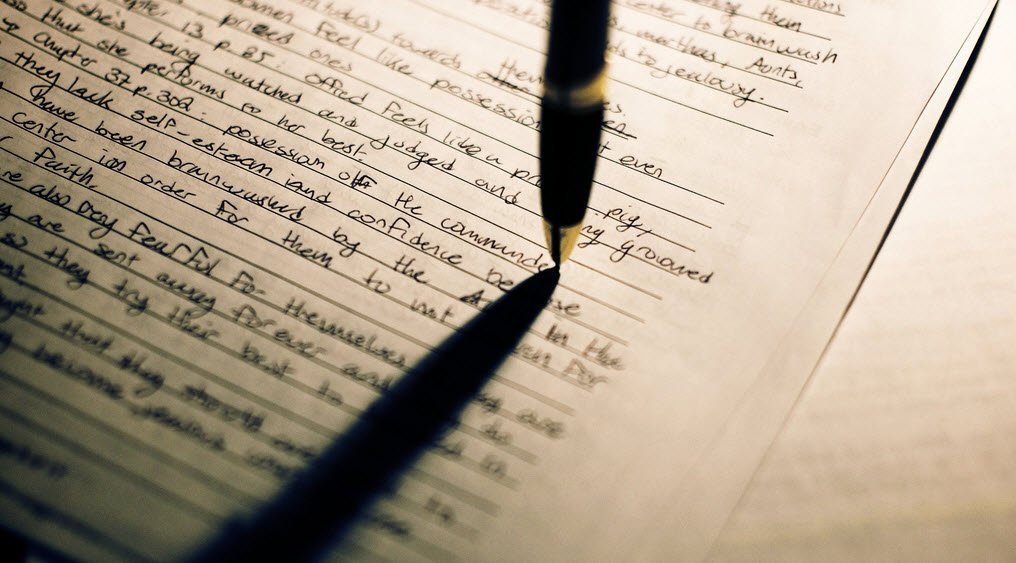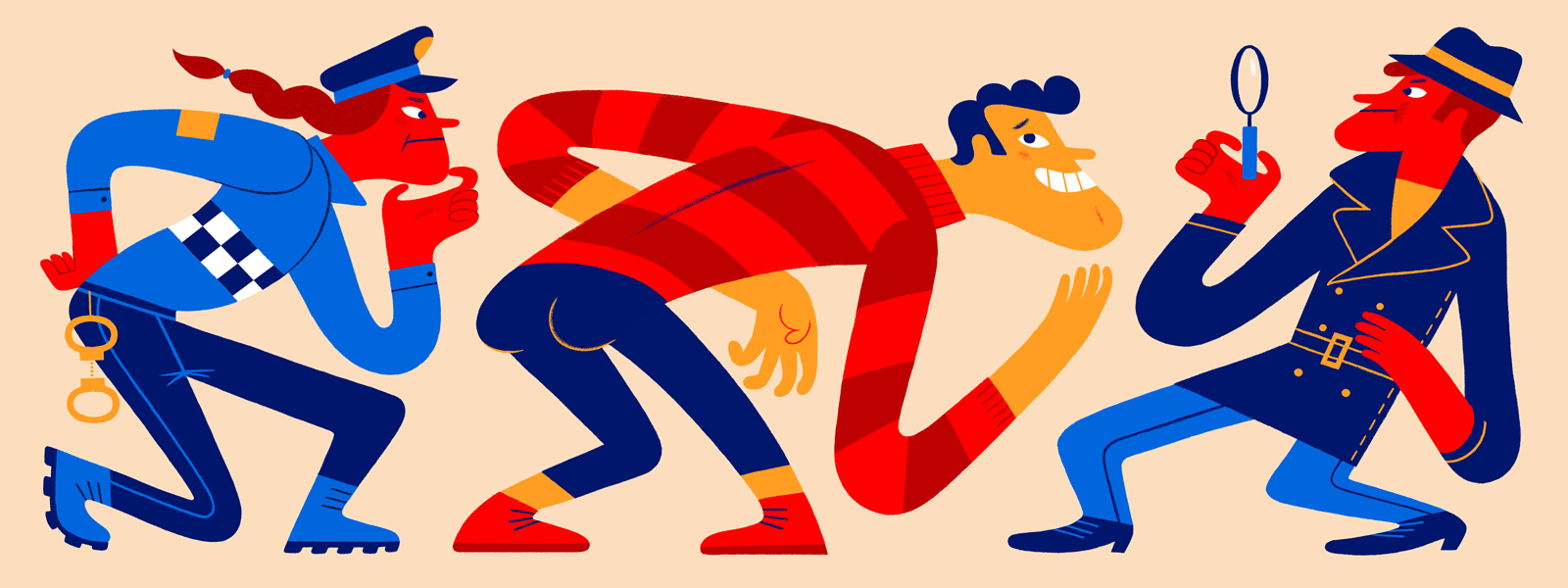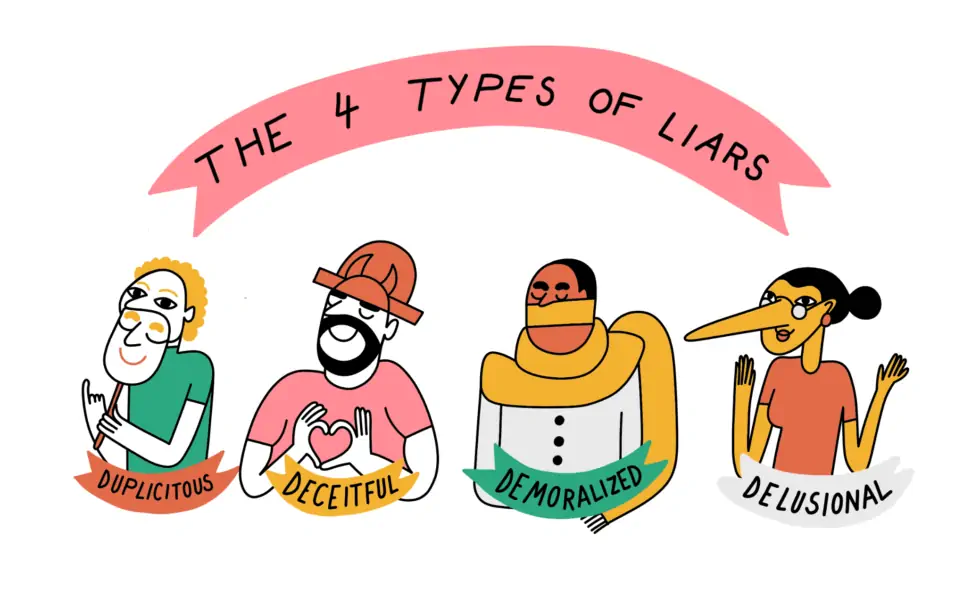
Scientists say there is evidence that lying is more cognitively demanding than telling the truth.

Scientists say there is evidence that lying is more cognitively demanding than telling the truth.

The social contract of trust between experts and society is in danger of dissolving. We need to start putting it back together.

The Traitors has shown just how adept some people are at lying. Here, an ex-FBI agent, a psychologist and a fraud investigator share their best tips for detecting dishonesty

The cognitive work involved in lying is relevant to lie detection and could help explain why some people are better liars

One of my pastimes is listening to interviews with accused corporate fraudsters before and after they got caught.

“It's my intention to work into each lecture one lie...” Remembering a favourite teacher whose unorthodox methods got his students' attention

You can’t spot a liar just by looking, but psychologists are zeroing in on methods that might actually work.

You can’t spot a liar just by looking — but psychologists are zeroing in on methods that might actually work

What is the psychology of the liar? There are various ways of classifying lies: by their consequences, by the importance of their subject matters, by the speakers' motives, and by the nature or context of the utterance. Perhaps the most useful way to classify lies is by the type of liars who tell them.

"The home of our truth/lie detector resides in the area of our body that encapsulates the throat, heart, and gut."